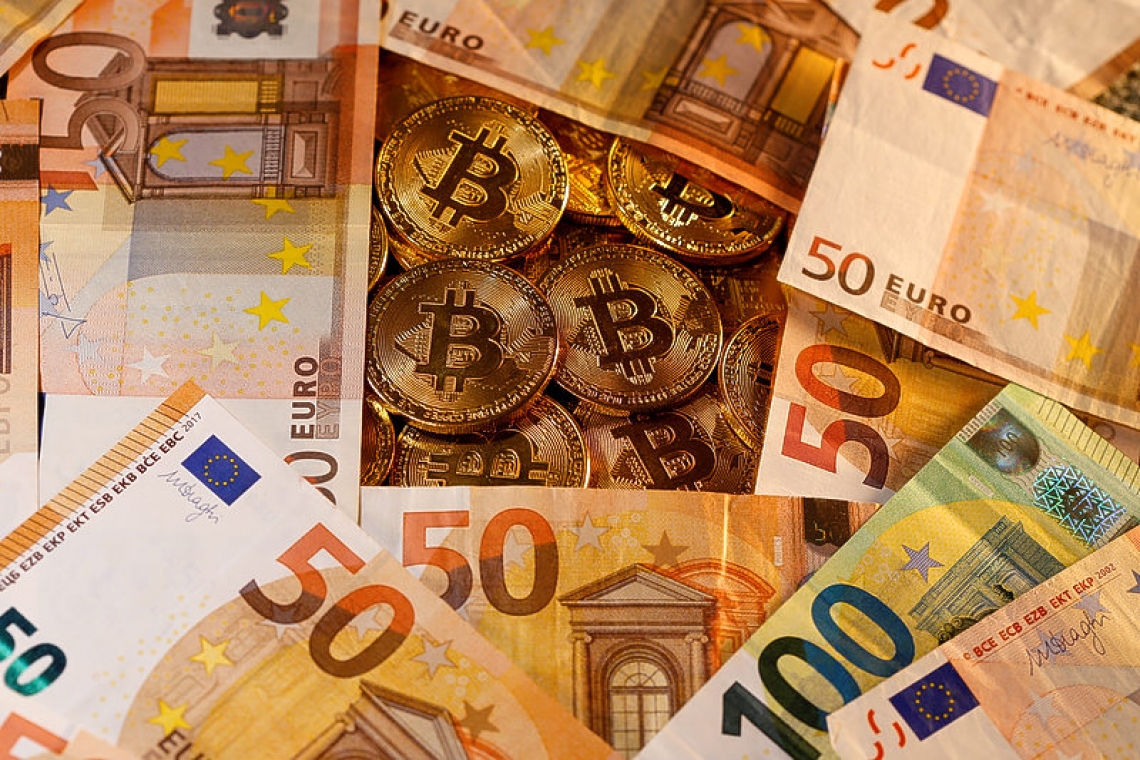STOCKHOLM--Sweden's Riksbank said on Wednesday it had begun testing an e-krona, taking the country a step closer to the creation of the world's first central bank digital currency (CBDC).
If the e-krona eventually comes into circulation it will be used to simulate everyday banking activities, such as payments, deposits and withdrawals from a digital wallet such as a mobile phone app, the Riksbank said.
"The aim of the project is to show how an e-krona could be used by the general public," the Riksbank said in a statement.
In January, the central banks of Britain, the euro zone, Japan, Sweden and Switzerland joined forces to assess the case for issuing CBDCs. CBDCs are traditional money, but in digital form, issued and governed by a country's central bank. By contrast, cryptocurrencies such as bitcoin are produced by solving complex maths puzzles, and governed by disparate online communities instead of a centralised body.
The sharp decline in the use of cash and competition from alternative currencies, such as Facebook's Libra, has also prompted central banks around the world to consider issuing their own electronic currencies. Making payments in e-krona will be "as easy as sending a text," the Riksbank said on its website.
Sweden is the least cash-dependent country in the world, making it a litmus test for how central banks can react to people using less of the money they print. The Riksbank said it had not made any final decision on whether to issue an e-krona and that the pilot, which is being developed by consulting firm Accenture, would simulate e-krona usage in an "isolated test environment".
Only 1% of Swedish GDP existed in banknotes in 2018, Riksbank data shows, compared with 11% in the euro zone, 8% in the United States and 4% in Britain.
In April of last year, the Riksbank asked lawmakers to review the concept of legal tender and its role as a central bank in a digital economy. "The general public no longer having access to any form of central bank money can make it more difficult for the Riksbank to promote a safe and efficient payment system," the Riksbank said in April.
This revised role in the payments system could lead to individuals holding money in Riskbank accounts, something that would overhaul the distinction between central and commercial banks.
The pilot will run until February 2021 and will use block-chain technology, the Riksbank said.







